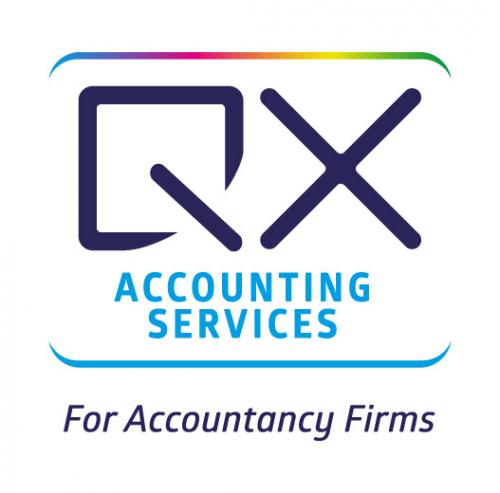What is a Tax Audit? How to Prepare and Respond to an Audit?
As a leading accountancy firm in the UK, it is essential to have a solid understanding of tax audits and how to prepare and respond to them. A tax audit in the UK is an examination of a company's financial records and accounts by the government to ensure that they have complied with the tax laws and regulations.
In this blog post, we will discuss a tax audit, the different types of audits, and how to prepare and respond to them.
What is a Tax Audit?
A tax audit is an official review of a company's financial records and accounts by the government to verify that they have complied with tax laws and regulations. The government conducts tax audits to ensure companies accurately report their income and pay the appropriate amount of taxes. Tax audits are typically undertaken by HM Revenue and Customs (HMRC) in the UK.
As an accountancy firm, you may encounter situations where you must support clients during a tax audit. This may be challenging as tax audits are difficult to understand, prepare, and respond to. For this reason, many firms rely on external tax audit support from an experienced outsourcing firm.
Types of Tax Audits
There are two main types of tax audits: desk audits and field audits.
1. Desk Audits
A desk audit is a review of a company's financial records and accounts conducted by HMRC at its office. In this type of audit, the company's financial records are reviewed by an HMRC officer responsible for verifying that the company has accurately reported its income and paid the appropriate amount of taxes.
2. Field Audits
A field audit is a review of a company's financial records and accounts conducted at their place of business by an HMRC officer. In this type of audit, the officer will visit the company's premises, review their financial records, interview employees, and examine its assets.
How to Prepare for a Tax Audit
Preparing for a tax audit is essential to ensure your client’s audit goes smoothly and minimise the risk of penalties and fines. Here are some steps that you can take to prepare for a tax audit:
1. Review Your Financial Records
Reviewing your client’s financial records is the first step when preparing for a tax audit in the UK. Make sure that the financial records are accurate, up-to-date, and complete. Ensure that all income and expenses have been recorded correctly and that all tax returns have been filed and paid on time.
2. Get Professional Advice
If you need help preparing for a tax audit or are short of capacity, seeking professional advice is a good idea. A qualified expert can help you review your financial records and provide guidance on preparing for the audit. Many accounting outsourcing firms in the UK provide year-end tax support services to help firms deal with the process.
3. Be Organised
Being organised is essential when preparing for a tax audit. Ensure that your client’s financial records are well-organised and easy to access. Have all the necessary documentation, such as receipts and invoices, readily available.
4. Understand the Audit Process
It is important to understand the audit process and what to expect during the audit. Familiarise yourself with the different types of audits, their scope, and timeframe. This will help you prepare for the audit and know what to expect. If you are unsure or overwhelmed, you may opt for professional tax and audit support from experts.
How to Respond to a Tax Audit
Responding to a tax audit can be a stressful experience. However, following these steps can help ensure the audit goes smoothly and minimise the risk of penalties and fines.
1. Cooperate with HMRC
It is essential to cooperate with HMRC during the audit. Be polite and professional and provide the HMRC officer with all the information and documentation they request. Failure to cooperate with HMRC can result in penalties and fines.
2. Get Professional Advice
If you need help responding to a tax audit, outsource tax audit support and seek professional advice from an expert. An outsourced tax advisor can help you understand the audit process and provide guidance on how to respond to HMRC.
3. Respond in a Timely Manner
Responding to HMRC promptly is essential. Ensure that you respond to all requests for information and documentation promptly. This will help avoid delays in the audit process and demonstrate your and your client’s willingness to cooperate with HMRC.
4. Keep Detailed Records
During the audit, it is essential to keep detailed records of all communications with HMRC, including phone calls and meetings. This will help you keep track of what has been requested and provided and ensure your client has met all of HMRC's requirements. Consult your tax and audit support provider to understand the documentation in detail.
Summing Up
Tax audits in the UK can be a stressful and time-consuming experience for businesses as well as accountants. However, by understanding a tax audit and its different types, you can ensure the audit goes smoothly and minimise the risk of penalties and fines.
It is also important to stay up-to-date with the latest tax laws and regulations and provide your clients with accurate and timely advice on how to prepare for and respond to tax audits. If you are looking for professional support from experienced tax experts, call us at +44 208-146-0808 or email us at qxas@qxglobalgroup.com.
Website: QX Accounting Services


Comments